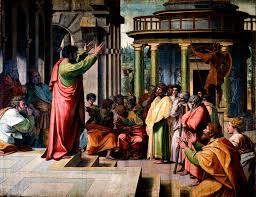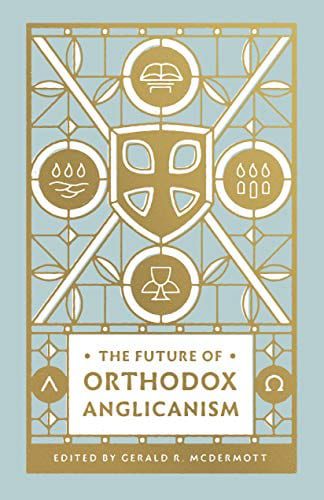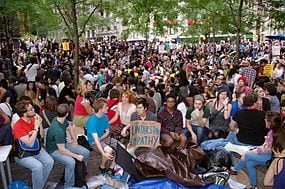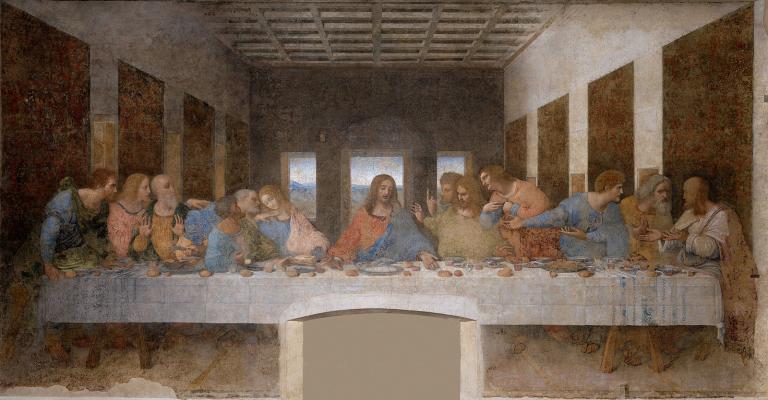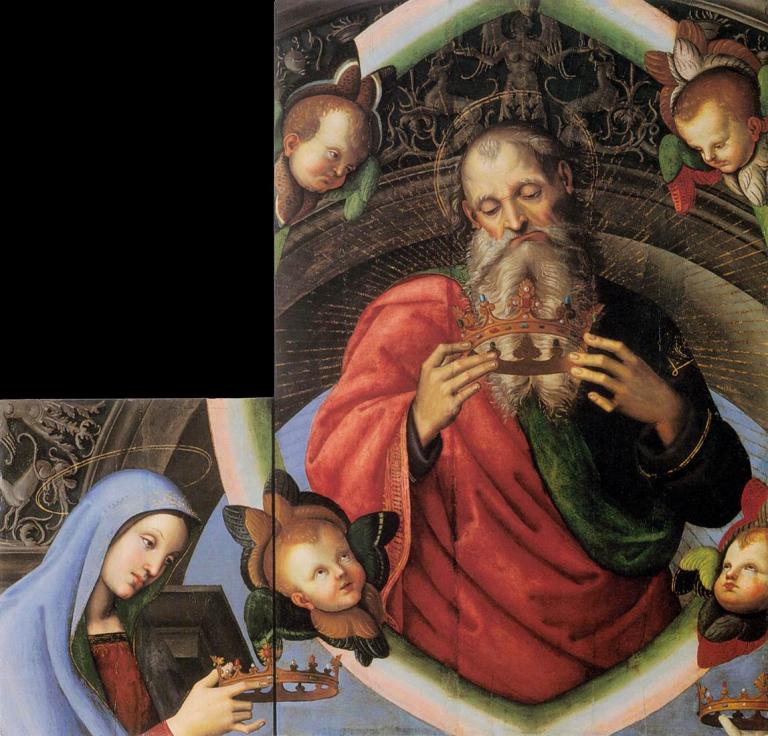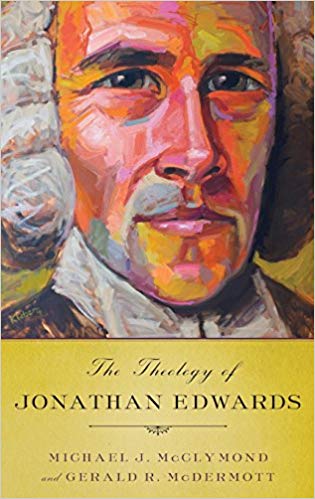George Orwell is now revered as one of the most gifted and courageous writers of the twentieth century. His Animal Farm and 1984 are regarded as brilliant exposés of communism that were penned when its totalitarian tyranny was fairly unknown. But as Christopher Hitchens’ Why Orwell Matters shows, Orwell’s gifts were largely overlooked by his contemporaries. Animal Farm almost never got published during his lifetime because it was misunderstood: in 1944 T.S. Eliot, editor at Faber and Faber, thought it... Read more


